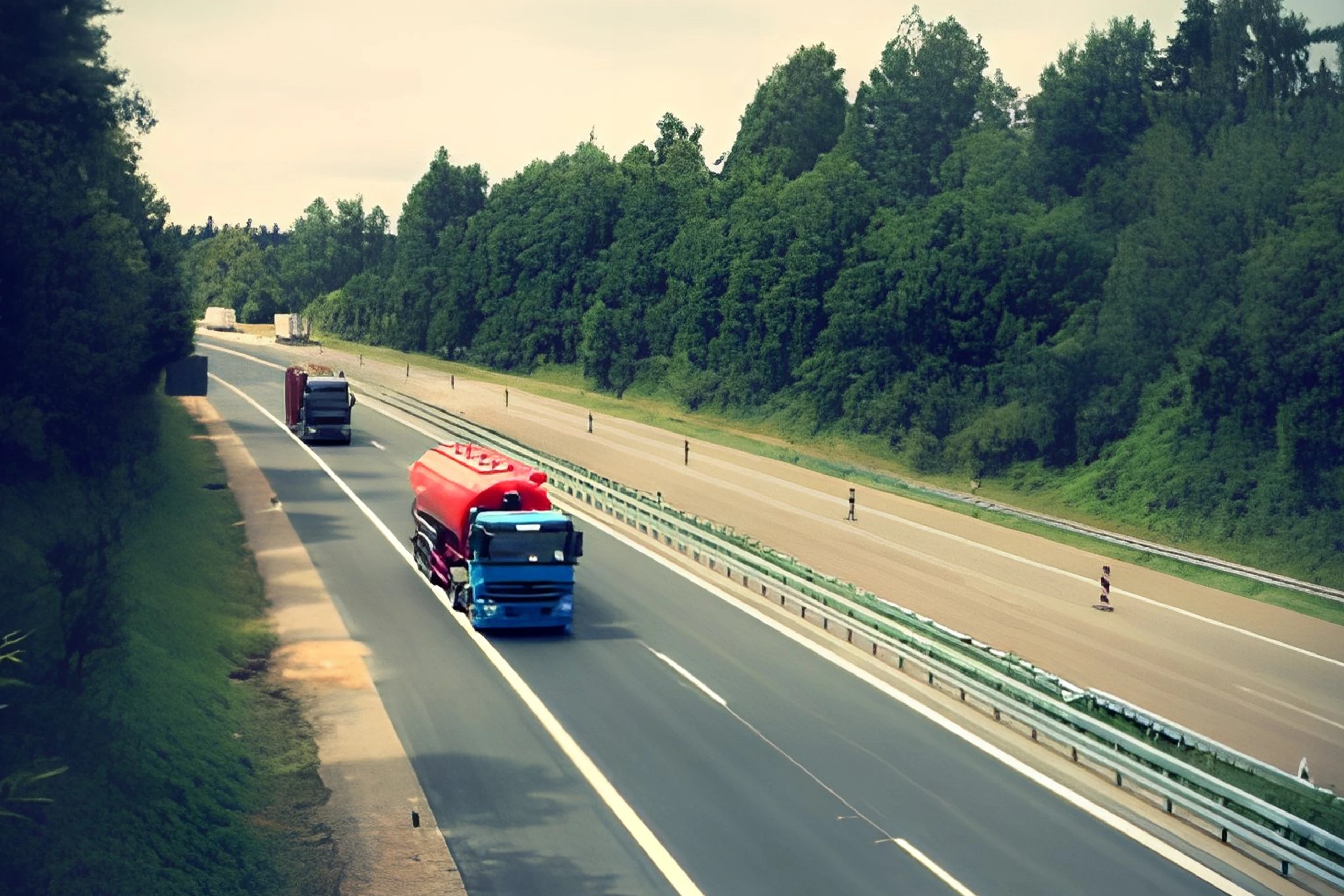LOGIN
CONTACTS
- MAIL - info@bridgelogistica.it
- SALES TEL. - +39 351 559 4963
- SUPPORT TEL. - +39 351 553 7151
- VAT No. - +39 351 553 7151

The logistics sector — and road transport in particular — is undergoing a significant transformation.
The digitalization of the supply chain has now become a reality.
Real-time communication among logistics operators is no longer optional — it’s essential.
Technologies and processes already applied in other industries are gaining increasing interest in the world of transport, thanks to their clear advantages in terms of shipment traceability, productivity, and time savings for operators.
The digital transformation of the supply chain enables the implementation of processes that ensure rapid and efficient communication across all business departments — from supplier staff to the customer’s warehouse — including related transport and warehousing services.
Better communication among operators leads to greater optimization and productivity, which in turn reduces logistics costs and creates competitive advantages in the final product’s market price.
The truck driver is at the heart of the logistics 4.0 revolution, playing an integral role in the transport and supply chain ecosystem.
The skills required today are far more diverse than one might expect.
Far from being a simple vehicle operator, the modern driver is responsible for monitoring loading and unloading operations and ensuring the integrity of the cargo from departure to delivery.
As a result, companies are increasingly hiring specialized professionals who combine the skills of both driver and warehouse operator, capable of managing goods handling, loading and unloading (manually or with forklifts), and warehouse organization.
There is also growing demand for drivers trained in transporting and installing specific materials, a shortage of whom has recently created major challenges for logistics providers in finding qualified and reliable drivers.
Moreover, the driver represents the public image of the company, and is expected to develop both communication skills and technological proficiency.
The role of the driver is undergoing a profound transformation.
The traditional “truck driver” stereotype is giving way to a skilled professional capable of operating advanced, technology-equipped vehicles, performing digital operations directly from the cab, and communicating in real time with infrastructures, logistics hubs, authorities, and other road users.
The logistics of the future is defined by continuous dynamic interaction — a two-way flow of information connecting the entire supply chain.
The driver of Logistics 4.0 must therefore possess digital and IT knowledge, now essential tools in this industry.
This logistics revolution inevitably requires the upskilling of workers within the sector.
The drivers who will thrive in this new environment are those who can demonstrate strong digital competencies, a key prerequisite for performing an increasingly broad range of tasks and responsibilities.